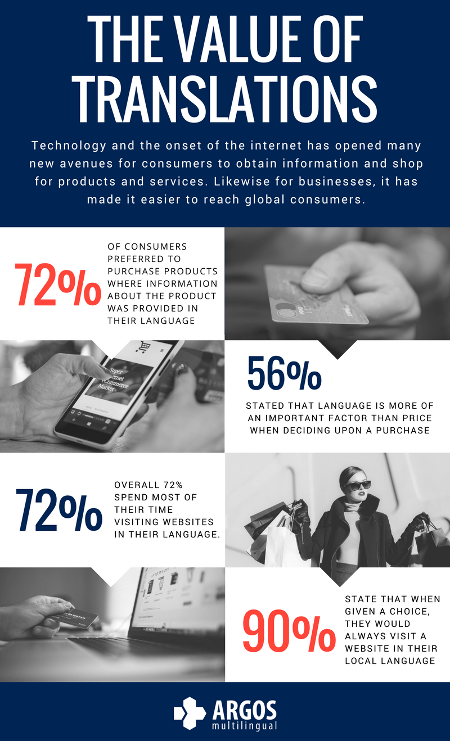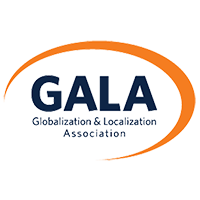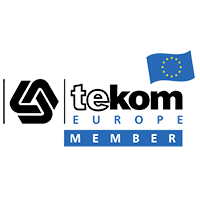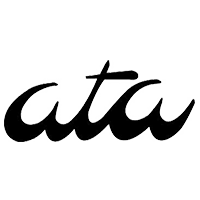The Value of Translations
Technology and the onset of the internet has opened many new avenues for consumers to obtain information and shop for products and services. Likewise for businesses, it has made it easier to reach global consumers. However, this does not mean selling and marketing the same way as you do to your local market. Here, the greatest differentiator in gaining the consumer’s business is through language.

In research conducted by Common Sense Advisory, 72% of consumers preferred to purchase products where information about the product was provided in their language, while 56% stated that language is more of an important factor than price when deciding upon a purchase. Overall 72% spend most of their time visiting websites in their language.
What about Europe? Most European countries include the English language as a compulsory subject at school, but does that increase the chance of selling in English to your potential European consumers?
In a 2011 study conducted on internet users in 23 EU countries by the European Commission, it was found that 42% never purchased products on sites in another languages, while 90% state that when given a choice, they would always visit a website in their local language.
When going global, it is important to pay attention to not only the competitors in your local market, but also the competitors you will face in global emerging markets that you may be targeting. Given the behaviors by global consumers, it is evident that competing within those target markets will be more successful when information about the product and means of purchasing the product is available in the local language. That is why localizing your website, content and product information is vital to the success of your international expansion. If you don’t start communicating in the language of your consumer, your competitors will.
Depending on which industry you operate within, there may also be regulatory requirements surrounding products and their supplementary content. These requirements may mandate product collateral to be translated into the local languages. For example, when exporting medical devices to Japan, part of the regulatory process involves submitting documentation in Japanese – all safety documents, such as IFU’s must also be translated.
Nelson Mandela once said, “If you talk to a man in a language he understands, that goes to his head. If you talk to him in his language, that goes to his heart.” This quote resonates with the actions global consumers take. Communicating with your consumers in their native languages builds credibility and loyalty thus increasing the likelihood of sales and ultimately boosting the value of your business.
Don’t let your potential consumers be frustrated because of a language barrier. Even starting with the major languages is already a step in the right direction. By localizing your content, communication and products you will be able to reach global consumers more easily, allowing your business to succeed in the global market place.
Argos Multilingual – our mission is to provide high-quality innovative language solutions to our customers while being the most respected business partner in the localization industry. We provide a full range of translation services that cover all our clients’ needs. Contact us and find out how we can help you with your next translation project!




